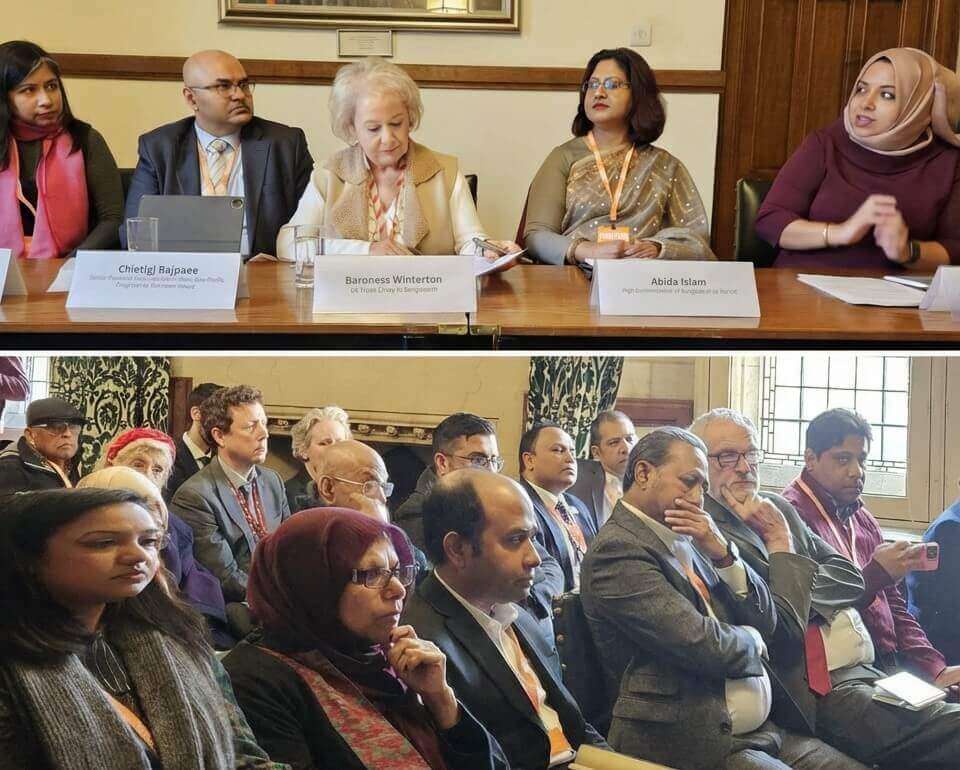GPs have long been a cornerstone of healthcare in the UK, but anyone who's seen the system over time will likely say it’s not quite what it once was. Whether due to NHS budget cuts, staffing shortages, or shifting priorities, the quality and consistency of patient care have clearly changed — and not always for the better. Some practices that used to be routine and second nature now feel like things of the past, which can be disheartening for many.
1. Taking time to truly listen during appointments
There was a time when visiting the doctor felt like having a meaningful conversation — a chance to speak openly about your worries without feeling rushed. Doctors appeared to genuinely listen and take the time to understand. Today, with appointments often limited to 10 minutes or less, many patients feel hurried through the process. While it’s not entirely the GP’s fault — the healthcare system is under immense strain with large patient loads — the limited time can leave people feeling unheard, especially when they’re dealing with complex or hard-to-explain health issues.
2. Home visits for housebound patients
Do you remember when GPs routinely made house calls? If you were too ill to visit the surgery, you could rely on a doctor coming to see you at home. Nowadays, home visits have become a rarity, typically limited to only the most critical situations. While there are valid logistical reasons behind this shift, it has left some of the most vulnerable patients — such as the elderly or those with disabilities — feeling overlooked. For many, a remote consultation just doesn’t compare to having a healthcare professional check on them in person.
3. Offering holistic care instead of just addressing symptoms
There was a time when GPs took a more holistic view of your health, considering your overall well-being rather than just focusing on isolated symptoms. Appointments often included discussions about lifestyle, mental health, and preventative care. Today, however, consultations can feel more like a checklist aimed at quickly dealing with the immediate problem. With growing pressures on the healthcare system, doctors are often forced to focus on short-term fixes rather than long-term health strategies. As a result, patients are more frequently referred to specialists or left to navigate their ongoing health needs alone, which can feel disjointed and isolating.
4. Proactively managing chronic conditions
In the past, if you had a chronic condition like asthma, diabetes, or high blood pressure, your GP would likely check in with you regularly to see how you were coping. They played an active part in monitoring your health and offering support. These days, much of that responsibility has shifted to the patients, with check-up reminders now often coming from automated systems. While technology certainly has its advantages, it can feel impersonal — and for those who find it difficult to manage their condition on their own, it increases the risk of being overlooked.
5. Offering emotional support alongside medical care
There was a time when GPs were seen as the go-to for both physical and emotional support. They’d take the time to ask how you were really doing and offer a reassuring word when things felt tough. Nowadays, mental health can feel like an afterthought during brief appointments. While dedicated mental health services have been a positive development, they’ve also led to a more fragmented system. Many patients feel like they’re being passed from one department to another, rather than receiving joined-up, holistic care — often making the experience more stressful than comforting.
6. Prescribing treatment without endless bureaucracy
Getting a prescription used to be straightforward: your GP assessed you, and that was that. These days, the process often involves extra hoops, with some medications requiring secondary consultations, lengthy approval processes, or online forms before you can get what you need. While safeguards are important, the added layers of red tape can feel exhausting for patients, especially those dealing with chronic illnesses. It’s hard not to wonder whether this bureaucracy prioritises policy over people.
7. Building long-term relationships with patients
There was a time when you saw the same GP for years, and they got to know you, your history, and even your family. These relationships built trust and made care feel more personal. Now, it’s rare to see the same doctor twice. The reliance on locums and staff shortages means continuity of care has taken a back seat. While many GPs work hard to bridge the gap, the lack of familiarity can leave patients feeling like just another number on the list.
8. Diagnosing without over-reliance on technology
In the past, GPs relied heavily on their clinical experience and instincts to make diagnoses. Now, there’s a growing dependence on tests, scans, and online symptom checkers before decisions are made. (I’ve even seen a GP whip out a book to consult on what the issue might be!) While technology is valuable, it sometimes feels like intuition has taken a back seat. This change can make healthcare feel more impersonal, as patients are left waiting for test results rather than receiving on-the-spot insights. While accuracy is important, patients often miss the reassurance of a GP’s confident judgement during consultations. Plus, it makes you wonder if you would have been better off just diagnosing yourself on Google!
9. Offering same-day appointments without hassle
Not so long ago, getting a same-day appointment was relatively simple if you called first thing in the morning. Now, the fight to see a GP feels like trying to score Glastonbury tickets. Online booking systems and lengthy phone queues make it difficult to access care when you need it most. For many, the lack of accessibility can delay treatment and worsen health outcomes. It’s a frustrating change that leaves patients wondering why basic access to care has become such a challenge.
10. Checking in after a serious diagnosis
In the past, being diagnosed with a serious illness usually meant your GP would check in with you afterward, making sure you were coping and understood what to expect moving forward. Today, these follow-ups are often overlooked, leaving patients to manage the aftermath on their own. This lack of ongoing support can feel particularly isolating when facing major health challenges. While specialist services are available, without the personal involvement of a GP, the experience can feel fragmented and overwhelming.
11. Writing letters and referrals without a fight
GPs used to provide referrals and write support letters with minimal hassle. Now, it often feels like pulling teeth to get a note for work, school, or additional services. The shift towards stricter criteria and longer waiting times has made getting the support you need more complicated. While tighter guidelines aim to prevent misuse, they’ve also added unnecessary stress for patients who genuinely need these services. The process feels less supportive and more like an uphill battle. Plus, there’s the fact that if you need them to fill out paperwork for you, the surgery will often charge you — and make you wait 28 days or longer — for the pleasure.
12. Taking time to explain treatment plans clearly
There was a time when GPs would carefully explain your treatment options, making sure you felt informed, reassured, and involved in your care decisions. Nowadays, with time pressures and packed schedules, those explanations can feel rushed or filled with medical jargon. As a result, many patients turn to the internet to understand their diagnosis or medication, often leading to confusion or anxiety. Clear, compassionate communication is a vital part of effective healthcare — and when it’s missing, patients really feel the difference.
13. Offering preventative care instead of reactive solutions
There was a time when GPs prioritised prevention — promoting healthy habits, offering regular screenings, and aiming to spot health issues early. Today, the emphasis has shifted more toward reacting to problems once they appear, with less focus on stopping them before they start. This change is often due to pressures on the system, but it can leave patients feeling like their long-term well-being is being overlooked. Bringing preventative care back to the forefront could make a real difference — both for individual patients and the healthcare system as a whole.








.svg)


